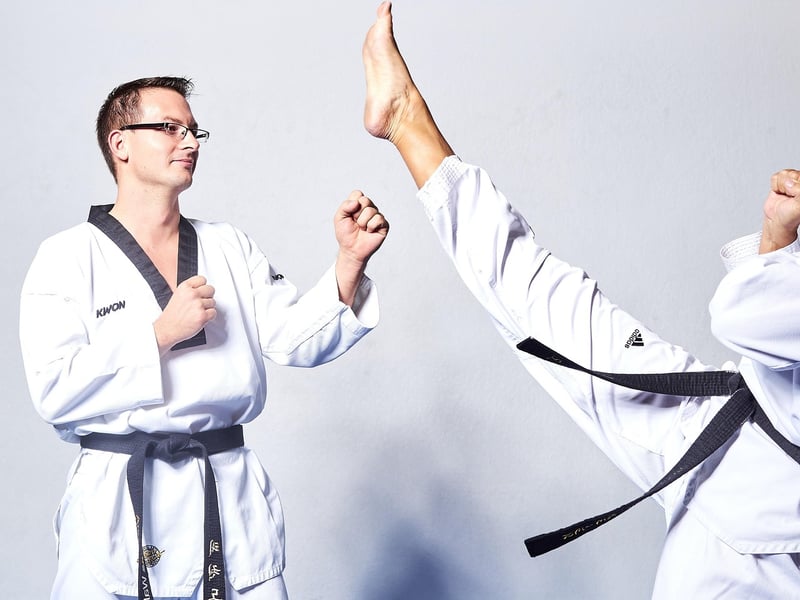Taekwondo
The Importance of Discipline and Self-Defense in Taekwondo
Taekwondo is not just a martial art; it is a way of life that promotes discipline, self-control, and self-defense skills. In the world of Taekwondo, these attributes are highly valued and are essential for practitioners to master.
The Role of Discipline in Taekwondo
Discipline is at the core of Taekwondo training. Practitioners learn to follow a strict code of conduct, adhere to rules and regulations, and show respect to their instructors and fellow students. This discipline extends beyond the dojang (training hall) and into all aspects of life. It teaches students the importance of perseverance, commitment, and focus.
Through consistent practice and dedication, students develop mental toughness and the ability to overcome challenges. They learn to set goals, work hard to achieve them, and never give up, instilling a sense of discipline that serves them well in all areas of life.
The Significance of Self-Defense Skills
Self-defense is a crucial aspect of Taekwondo training. Practitioners learn practical techniques to defend themselves in real-life situations, should the need arise. These skills not only empower individuals to protect themselves and others but also build confidence and self-assurance.
By mastering self-defense techniques, students gain a sense of security and learn to stay calm under pressure. They understand the importance of situational awareness and are better equipped to handle potentially dangerous situations with confidence and composure.
Integration of Discipline and Self-Defense
Discipline and self-defense go hand in hand in Taekwondo. The mental discipline cultivated through training enables practitioners to stay focused, calm, and controlled during self-defense scenarios. They learn to assess situations quickly, make decisions under pressure, and respond effectively to threats.
By combining the physical aspects of self-defense with the mental aspects of discipline, Taekwondo provides a holistic approach to personal development. Practitioners not only learn how to protect themselves physically but also how to cultivate a strong mind and character.
Conclusion
In conclusion, discipline and self-defense are integral components of Taekwondo that contribute to personal growth, empowerment, and well-being. By embracing these values and skills, practitioners of Taekwondo not only become proficient martial artists but also develop into disciplined, confident individuals capable of facing life's challenges with resilience and courage.

Whether you are looking to enhance your self-defense skills, improve your physical fitness, or cultivate discipline and mental fortitude, Taekwondo offers a comprehensive training experience that can benefit individuals of all ages and backgrounds.
Begin your journey in Taekwondo today and discover the transformative power of martial arts!
